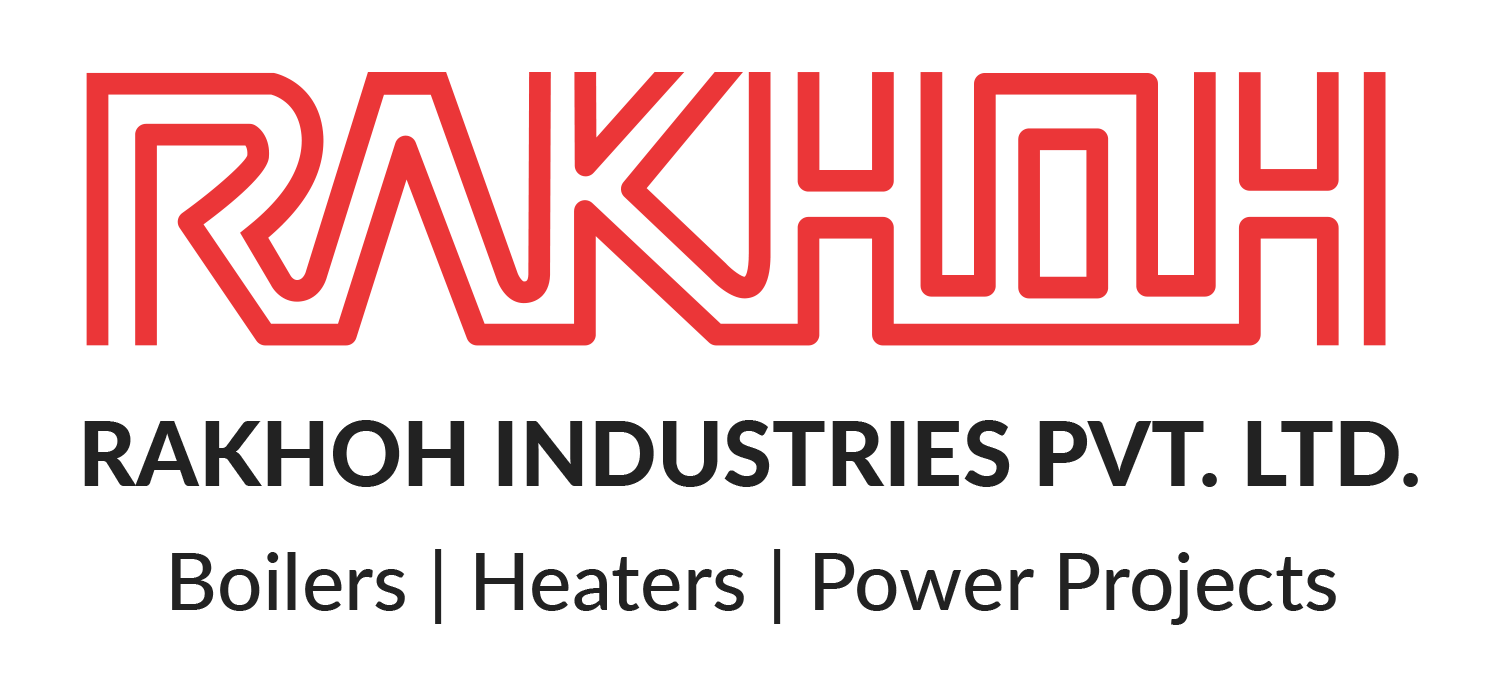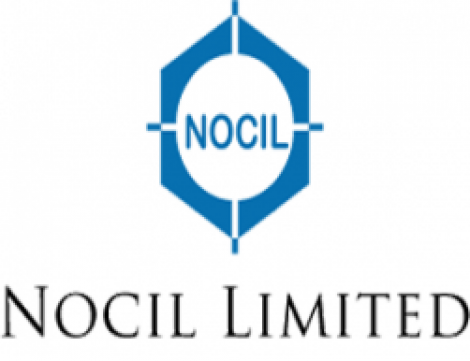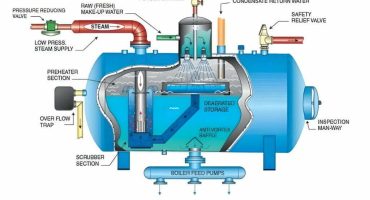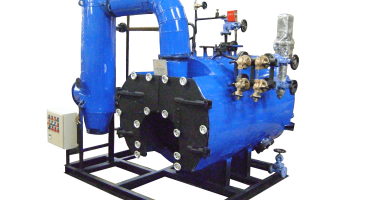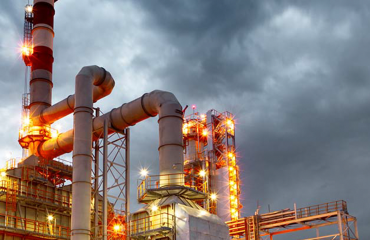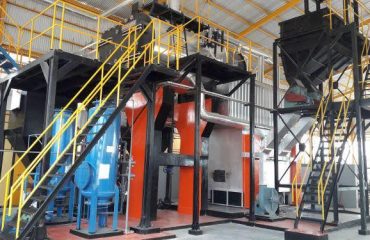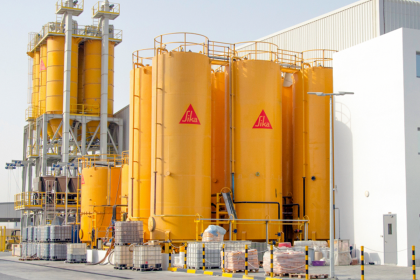
Distilleries are one of the important as well as most polluting industries. India alone has 300 distilleries that annually produce over 2 billion liters of ethanol. Alcohol is an essential ingredient in many process industries such as chemical, pharmaceutical, plastic, beverage, perfume, and food. Due to its increasing demand, distilleries are growing at a fast pace as an industry. For a successful distillery to function, one of the important pieces of equipment required is the steam boiler.
Distilleries these days rely mostly on cereals, molasses, potatoes, and other agro products in producing alcohol. Let us have a look at the various stages of processes carried in the distillery industry.
Stages of Processing Drinks/Spirits in Distilleries:
Beverages require ethyl alcohol for its production and for extracting aroma in the resultant drinks. Ethyl alcohol, in turn, needs the fermentation of molasses for its production. Molasses are, in fact, the outcome of sugar processing operations that are dark red and of acidic nature with a 6.8 to 8.5 pH range. The fermented molasses are further processed, in the distillation that requires steam on a large scale. The processing in distillery includes two stages: Fermentation and Distillation.
Fermentation:
The molasses collected are diluted with water in a tank and later on, proceed with yeast propagation and fermentation. The dilution ratio to maintain sugar levels, however, varies in different stages. It is 8% to 9% for yeast propagation and 16% to 18% for fermentation.
As the name suggests, yeast propagation utilizes yeast for the fermentation process. In this stage, yeast cultivates or expands itself by being fed to a pre-fermenter and administered with diluted molasses. Yeast propagation requires oxidative conditions and controlled temperature.
The fermentation process occurs in the fermenter under monitored conditions, wherein around 25% of the fermenter is filled with diluted molasses and pre-fermenters yeast. It is administered with various chemicals like enzymes, urea, biocide, and sulphuric acid, that are monitored and controlled at a preset level. Coldwater is added in the fermentation process that takes as long as 24 hours to accomplish. The yeast sludge, molasses, and solids accumulated in fermentation are separated as solids and liquids through a high-speed centrifuge machine, and the liquid is sent further for distillation.
Distillation:
The distillation process consists of several stages in which the fermented liquid is preheated in two stages to get rid of volatile properties and sent to the analyzer column. Analyzer column functions under vacuum to destroy any likely scaling. The resultant liquid, after vaporization, proceeds with a pre-rectifier, to further concentrate the alcohol and remove impurities. Alcohol is concentrated again in the second rectifier and eliminates sulphuric properties. Lastly, the alcohol/drinks are cooled in the condenser.
Role of Steam Boilers in Distilleries:
As mentioned, steam boilers are unarguably crucial for distillery industries to perform various operations. Let us take a detailed look at the uses of steam boilers for distilleries.
Requirement of Hot Water:
The distilling process depends on an ample amount of hot water. Distilleries need water to be heated at different temperatures as per the drink or spirits being processed. Therefore, it is important to ensure that the steam boilers used for processing are of superior quality that can be controlled and monitored with precision.
Flavor and Aroma in Drinks/Spirits:
The amount of steam generated from steam boilers must be exact to ensure that the flavors and aroma of the produced drinks and spirits are as intended.
Disinfection and Sterilization:
Distilleries must be sanitized regularly to ensure its safety. Steam plays a vital role in disinfecting the utensils and other equipment used for the distillation process before it is utilized for consequent operation.
Controlled Heating of Premises:
Distilleries need steam boilers that can heat the specific regions as required. There are certain areas in a distillery that need to be heated uniformly for the distillation process to take place.
What to look for in a steam boiler for the distillery industry?
The processing operations in distillery industries are of longer duration. Therefore, it is essential to ensure that the steam boilers used in distilleries include the following factors:
High Efficiency:
Since steam boilers are operated constantly in distilleries, it needs to be highly efficient and of world-class quality to provide the best results.
Reliable and Long-lasting:
Steam boilers that are reliable ensure the safety of the operating staff of the processing plant. Similarly, boilers must be long-lasting to endure the various operations for distillation.
Reduced Greenhouse Emission:
Distillery industries produce an abundant waste during processing, with slop being the major pollutant after distillation. 1 liter of ethanol produces around 10 to 15 liters of spent wash that is highly toxic for the environment. Therefore, while choosing a boiler manufacturer, ensure that the steam boiler chosen releases minimal greenhouse emissions.
Rakhoh Boilers:
Rakhoh is one of the leading boiler manufacturer in India, catering to more than 20 industries including distillery, for more than 38 years. Our steam boilers are highly efficient and reliable that ensure effective combustion with various types of fuels. Our Membrane X and Bi-Drum/D Type/Power X are the preferred models for distillery industries.
